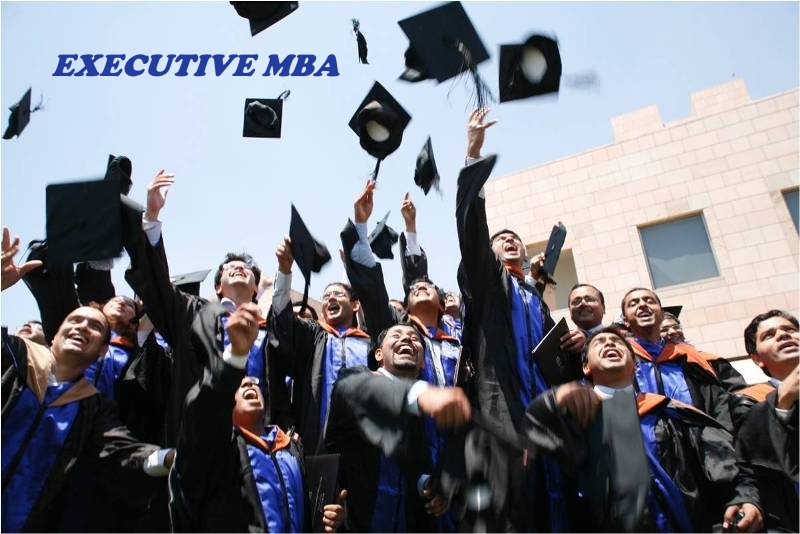
5 need-to-know challenges of Executive MBA
India Education

One often encounters obstacles on the road to victory. It is no different in the case of Executive MBA either. One has to face a few challenges and go through a bumpy ride before they can taste success. So if you are considering taking up Executive MBA, let us remind and inform you of the challenges that you might face and a few tips on how to overcome them.
We bring you the 5 most important challenges you will face to help you prepare better for your journey of pursuing Executive MBA.
Also read: Reasons to go for Executive MBA
Gap in Work
You cannot work and pursue a full-time MBA simultaneously. The Executive MBA program is designed in such a way where it requires you to take at least one year off from work so you can concentrate completely on getting that MBA degree you have always wanted. Considering this you also need to keep in mind that the gap will reflect in your professional experience. Moreover, you will have to let go of the happiness you experience at the end of each month when your salary gets credited.
Having said that, if you are planning a career shift or want to start your own business, and/or receive a corporate sponsorship from your current company then a part-time MBA would be the ideal choice for you.
Exhaustive Curriculum
When a 2 year full time MBA course gets jammed into a one-year Executive MBA course, the curriculum is bound to be exhaustive and rigorous. Moreover, since the course is designed for working professionals, the course work can get overwhelming. With so much to do in a relatively less time period, there is little or no time left to do anything else.
Also read: Executive MBA Courses in India
High Fees
If you are aiming to study at one of the top B-schools in India, just know that it will definitely burn a hole in your savings. An Executive MBA full-time program at these schools costs anywhere between Rs. 14 – 30 lakh. Since it is full-time course and a student needs to put in large number of hours into it, with a vast curriculum, the fees are much higher than a part-time MBA course. One has to rely on their savings or opt for a loan to pursue this course.
Complicated Admission Process
Similar to a full-time MBA course, an Executive MBA admission process is complex in nature with the selection process being divided into 2-3 stages. In the first stage you have to get a really good score in GMAT or an equivalent exam conducted by that particular B-school. The next stage is the Personal Interview round. However, there are some schools that need more than your entrance exam scores. You need to submit either an essay or take a written exam and/or submit your Statement of Purpose (SOP) and Letters of Recommendations from your previous employers. Clearly, the admission is a long drawn out process which might seem a little too much for the Executive MBA aspirants.
Also read: Top B-schools in India
Placement Diaries
Once you complete the Executive MBA program, you can either seek employment in your previous organization itself or you can try another company for a new or similar role. If your MBA was sponsored by your previous organization, it only seems fit to go back there. If you are looking for a change in career, you can do so but the remuneration you receive in most cases will be similar to the one you received before you left to pursue your full-time MBA course. This happens due to the fact that, although you have done really well in your MBA, you do not have any experience post that. This can be considered as a drawback of pursuing a full-time Executive MBA program.
Hope these challenges prepare you for what lies ahead and enables you to overcome them!
Related Links
- Distance & Full-time MBA: Differences
- Wacky CAT Interview Questions
- 5 Biggest Mistakes Made By MBA Students
- 5 Interesting MBA Specialisations
- Online MBA: Myths & Facts
- Managerial Skills
- Important Pre-Graduation Tips
- 6 non-business lessons that an MBA teaches you
- 6 Types of Entrepreneurs: Which One are You?
- CAT: Self-Preparation Tips
Latest News
People Reading Now

CBSE Compartment Result 2023 OUT: Click For Direct Link



CSAB 2023: Special Round Registration Begins Today


